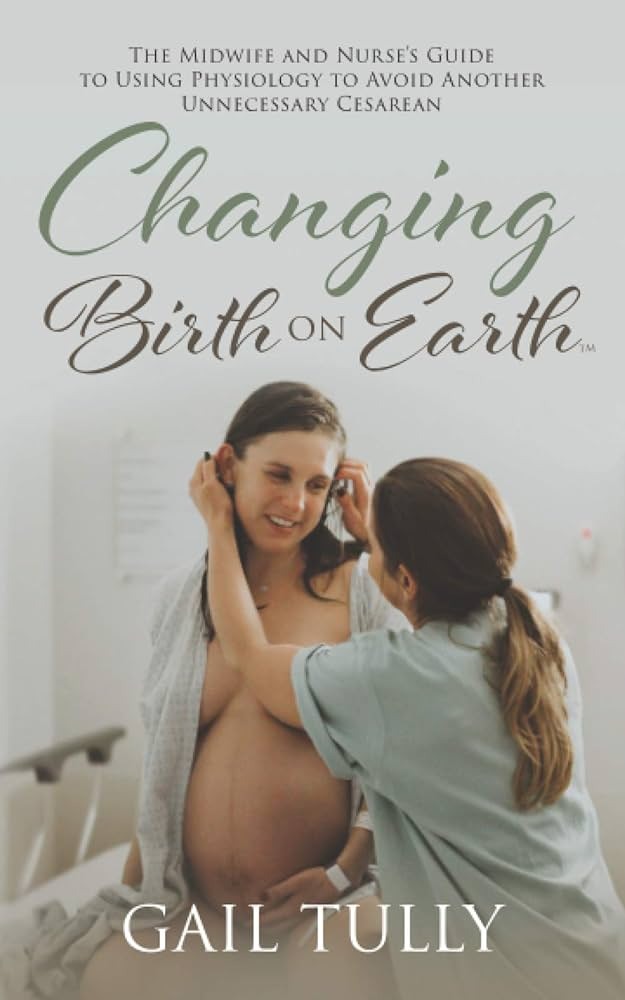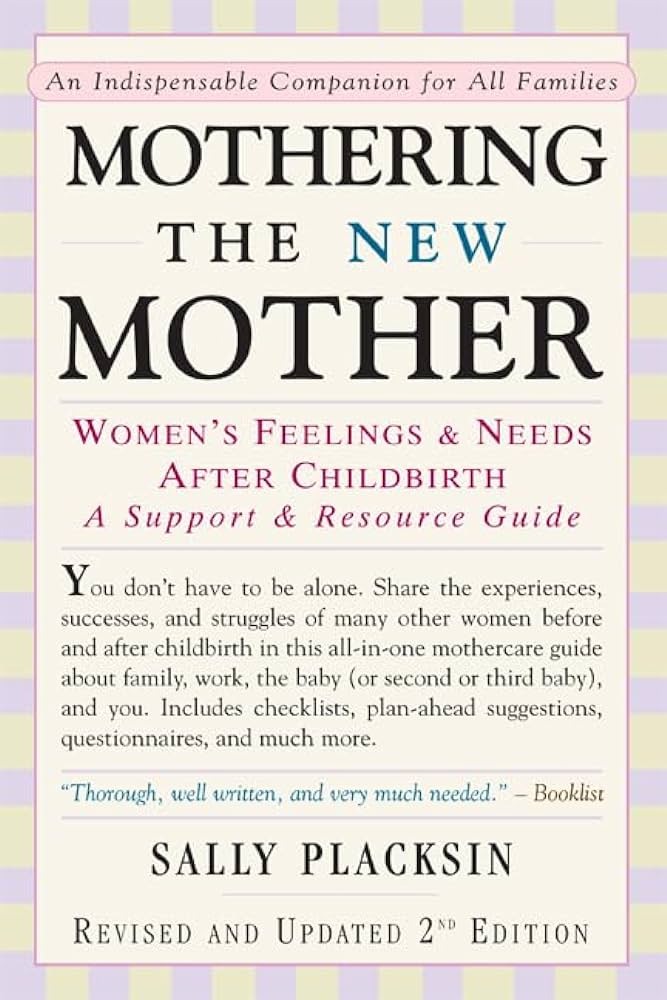8 Titles to Pursue Your Reproductive Justice Journey: An Interview with a Local Feminist and Nurse Practitioner in Obstetrics and Gynecology
Posted on June 14, 2024
by Melissa L
On June 20 at 6:30 p.m. the Library will be hosting Reproductive Justice: A Steinem Sister Collection Talking Circle at Maumee Library.
Leading up to that event, we’ll start the conversation by interviewing local feminists and reproductive healthcare workers. Our next interview is with Bri Bumbaugh, former labor and delivery nurse and current nurse practitioner in obstetrics and gynecology.
What is your name and what is your background in reproductive health?
Bri Bumbaugh: My name is Bri Bumbaugh, and I am a former labor and delivery nurse and current nurse practitioner working in obstetrics and gynecology.
Have you always been a feminist or did you have an “aha” moment?
Bri: I was mostly raised by a single mom which helped shape my belief that women can do anything. I have always cared deeply about human rights and have been especially sensitive to when women and other minorities were not being treated fairly.
Was there a specific event that brought the issue of reproductive justice to life for you?
Bri: Planning my first pregnancy, knowing that pregnancy and childbirth would be a totally transformative experience for me, I wanted to know everything and be as prepared as possible. At the time I was a nurse with no labor and delivery experience, but I decided to complete the training required to become a birth and postpartum doula. I did not end up becoming certified or working in that capacity as a doula, but I fell completely in love with all things birth. I learned so much that helped me prepare for my own pregnancy, labor, delivery, and postpartum period – and it was very empowering. I think fear of the unknown and lack of knowledge can really work against the ability to have an affirming experience.
I was fortunate enough to have two relatively easy pregnancies and deliveries. My personal experiences as well as my professional experiences working with childbearing people have made me truly value the importance of informed consent, agency, and the right to self-determination.
How have you seen the birth worker and birthing community change during your career? What has been positive? What do you see that still needs to shift?
Bri: I have been working in this area of healthcare for five years. I have had a mix of experiences including supporting birthing people through a pandemic! No two deliveries are the same.
There are a lot of people working in labor and delivery who are very passionate about what they do and are driven to prioritize not only safety but moms’ and babies’ experiences, too. Low-risk interventions to aid labor (tubs, peanut balls, position changes) are readily available.
The level of necessary medical interventions needed varies for each pregnancy, but I would like to see physiologic birth supported and normalized even more! I think childbirth education is under-utilized. I would like to see that be incorporated more into prenatal care so that people can feel more equipped with good information as they prepare to give birth.
I am thankful birth trauma is becoming more acknowledged and discussed. Having a baby is life changing and the experience becomes interwoven into your identity and your family story. The push to provide Trauma-informed care is also becoming more standard. Birth workers can take steps to ensure moms are informed of what’s happening (even in an emergency) and included in the decision-making process.
Our society needs more built-in support for new parents. Pelvic floor physical therapy and counseling for all! (Among other things).
How does the issue of reproductive justice impact the LGBTQIA community and how should we be supporting this community?
Bri:Due to the political climate we are living in, LGBTQIA people are often marginalized. I hate to see people’s right to be who they are up for debate… It feels like someone’s identity and value become trivialized. When the legal right to be who you are varies by state or country… that is so dehumanizing. Members of the LGBTQIA community are vulnerable and are at a higher risk for mental health disparities and sexual violence. Members of the LGBTQIA community are more likely to face barriers to receiving healthcare. They need extra attention and support. I think we can support these individuals by defending them in everyday conversations with friends, neighbors, family, and coworkers…challenging any notion that LGBTQIA people matter/belong or contribute any less than their heteronormative counterparts.
What do you hope to see change in the future in regard to the discussion of reproductive health?
Bri: I hope that men can begin to share more contraceptive responsibility.
Are there any books you would suggest to those looking to learn more about reproductive justice and feminism?
Bri:
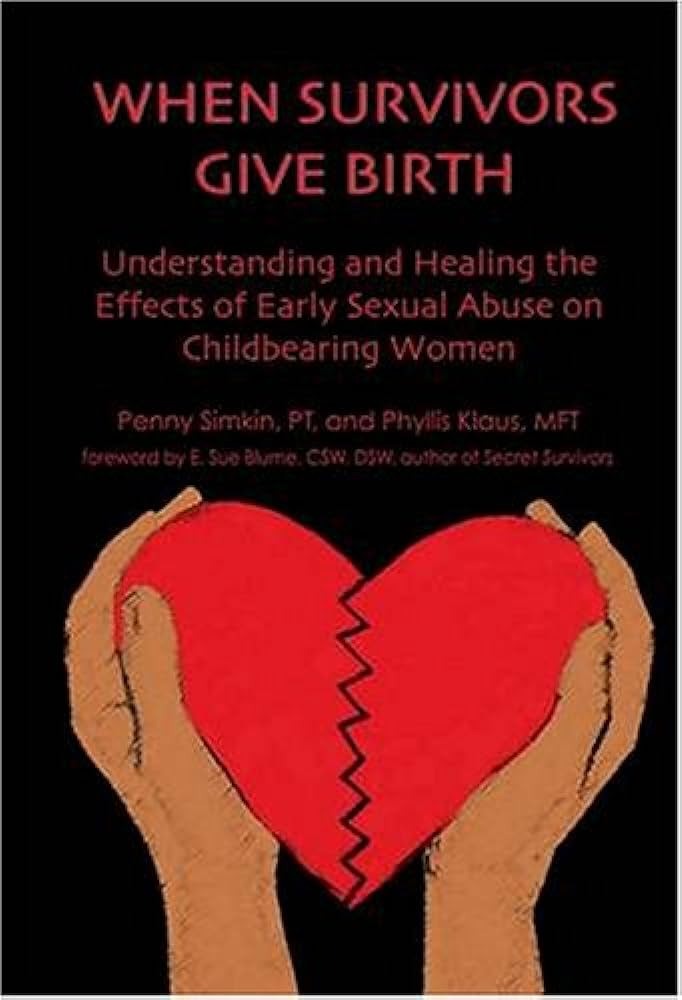
When Survivors Give Birth by Penny Simkin
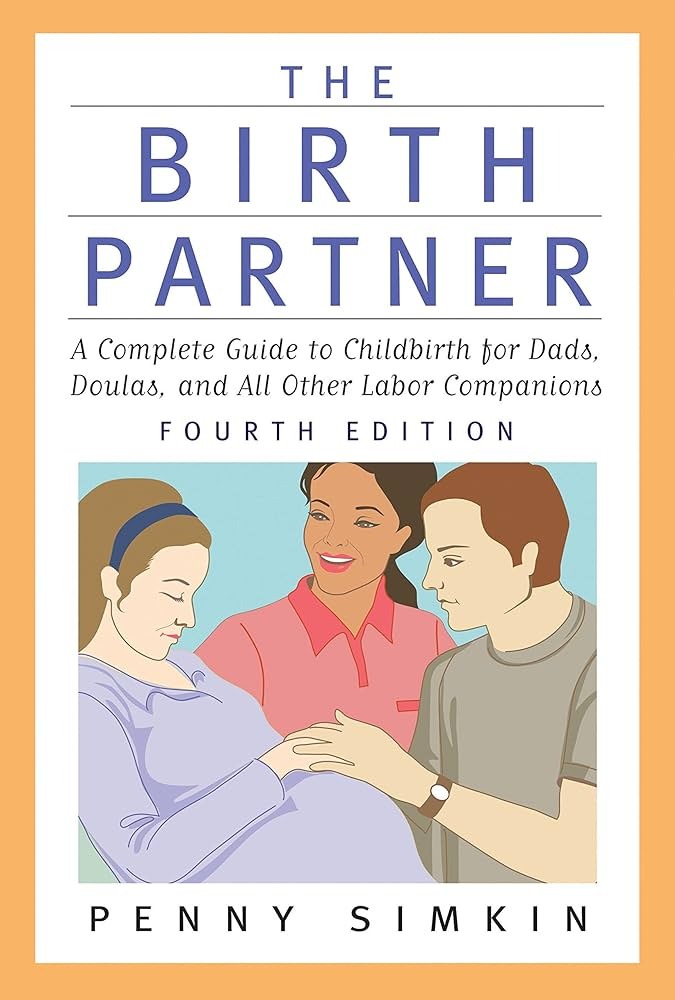
The Birth Partner by Penny Simkin
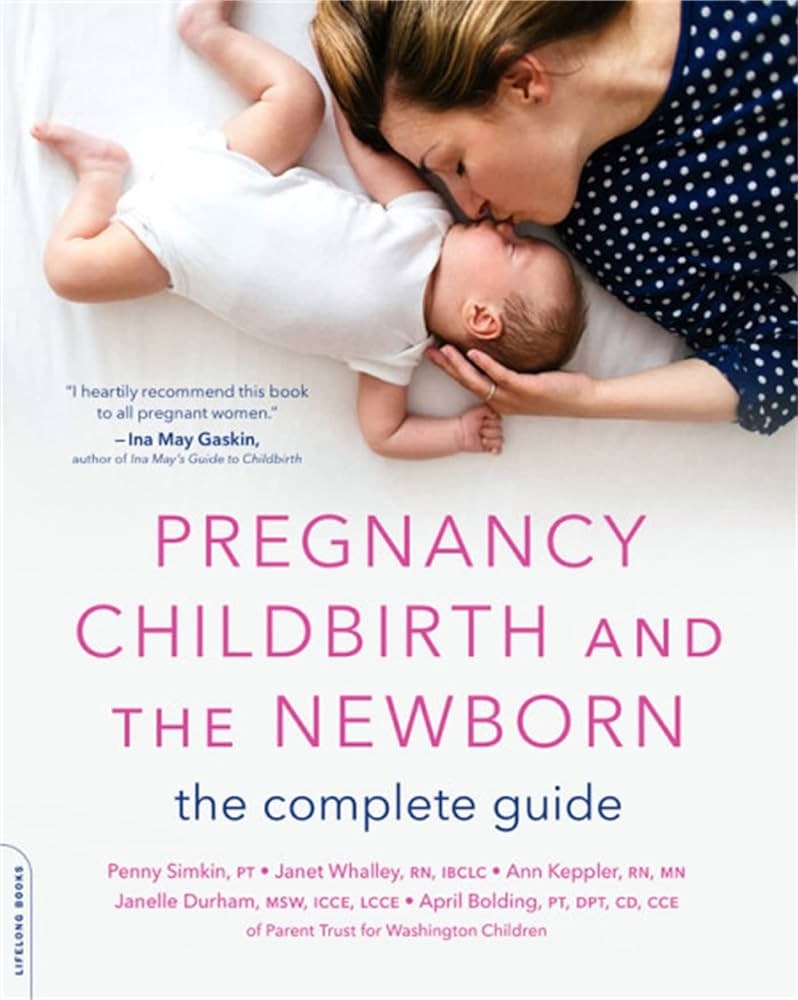
Pregnancy, Childbirth, and the Newborn: The Complete Guide by Penny Simkin
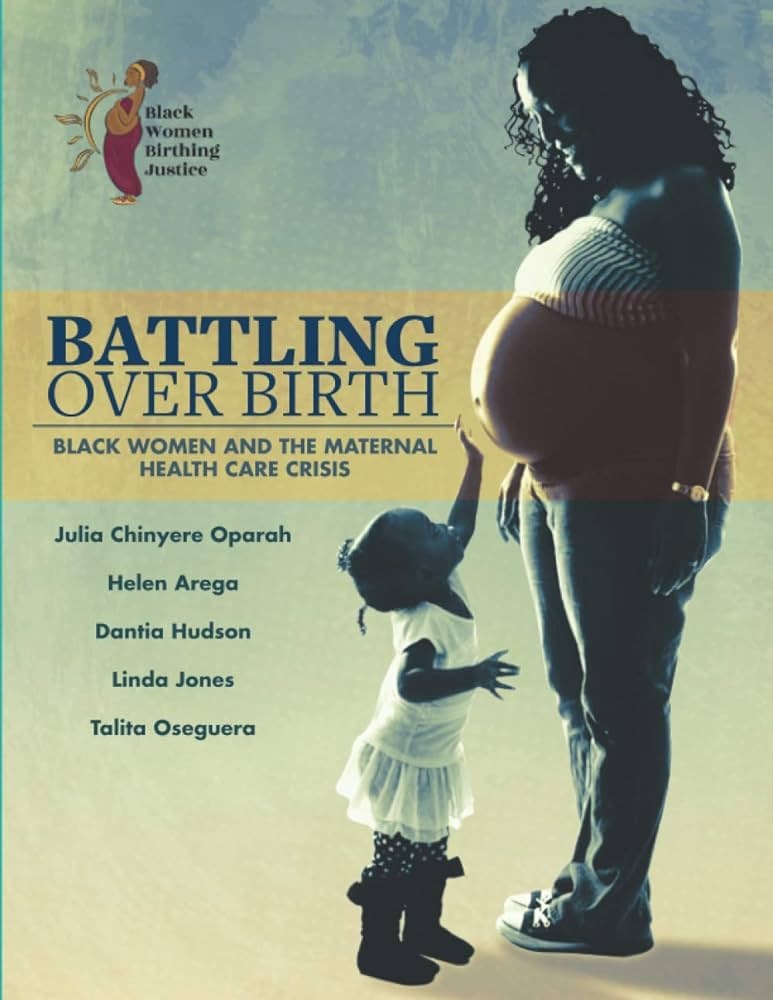
Battling Over Birth: Black Women and the Maternal Health Crisis by Julia Chinyere Oparah
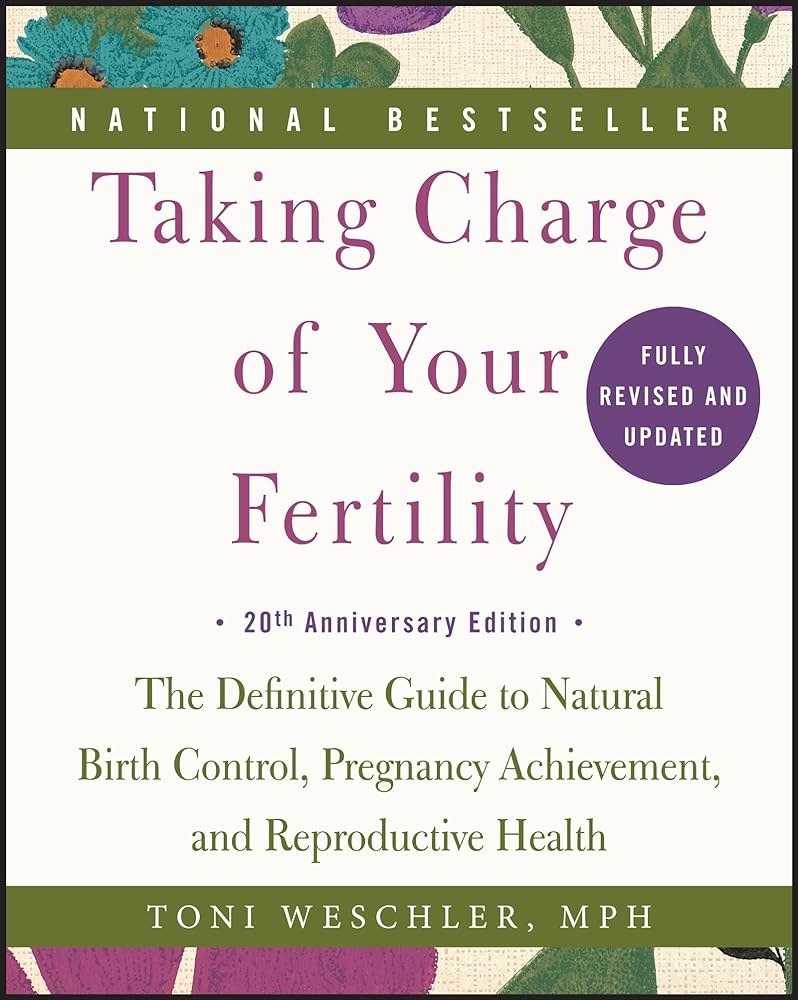
Taking Charge of Your Fertility by Toni Weschler
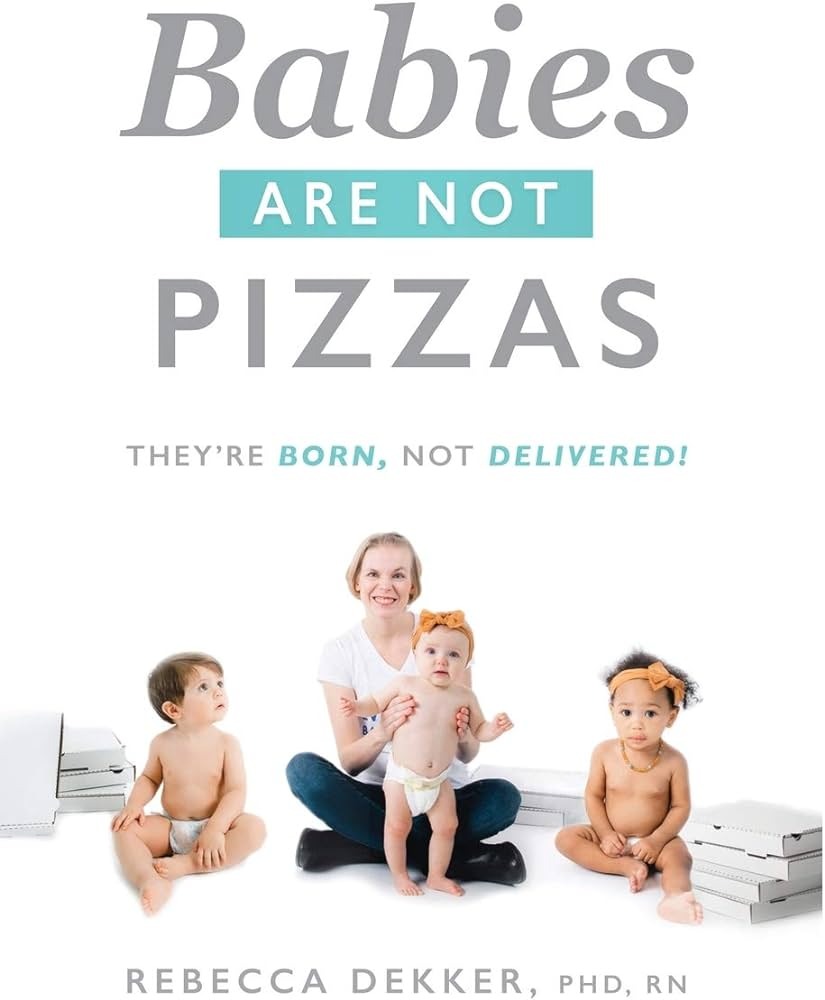
Babies Are Not Pizzas: They’re Born, Not Delivered by Rebecca Dekker
Find your next great read in the Steinem Sisters Collection, located in the Fact and Fiction department of Main Library.
If you would like to get involved with the Steinem Sisters Collection, join our newsletter email list to keep up on all things Steinem Sisters.
Did you like this blog post? Keep up to date with all of our posts by subscribing to the Library’s newsletters!
Keep your reading list updated with our book lists. Our staff love to read and they’ll give you the scoop on new tv-series inspired titles, hobbies, educational resources, pop culture, current events, and more!
Looking for more great titles? Get personalized recommendations from our librarians with this simple form.

